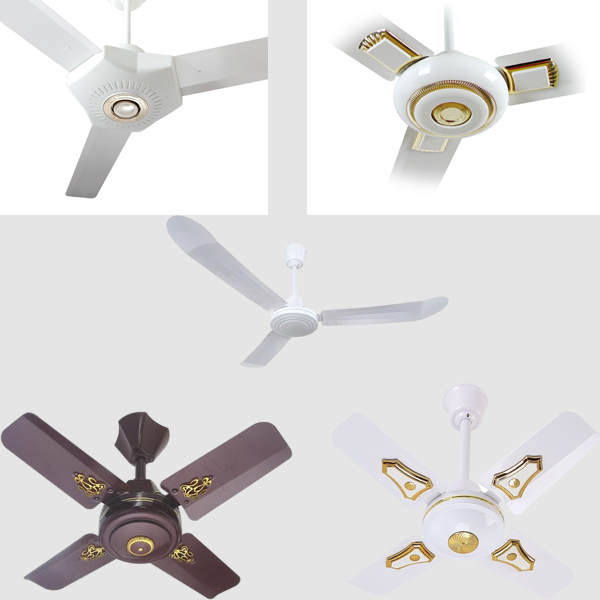Historical background of FTC certification
The Federal Trade Commission (FTC) is the U.S. Federal Trade Commission, the federal agency that enforces a variety of antitrust and consumer protection laws. The aim is to ensure that national market behaviour is competitive, prosperous and efficient, free from unreasonable constraints.
The FTC issued energy efficiency labeling rules in 1979 under the Energy Policy and Conservation Act of 1975 (EPCA). The rules require energy labeling of consumer products such as major appliances to help consumers compare various types of products. When the rules were published, eight product categories were regulated: refrigerators, refrigerated freezers, freezers, dishwashers, water heaters, washing machines, room air conditioners and stoves.
The FTC later expanded the rules to include central air conditioning, heat pumps, plumbing products, lighting products, ceiling fans and televisions.
The rule requires manufacturers to affix yellow energy guide labels to products covered by the rule and prohibits retailers from removing labels or blurring product identification.
In addition, the rules guide sellers, including retailers, to put label information on websites and product catalogs to make it easier for consumers to purchase products.
The products covered by the Energy Guide label contain three disclosures: estimated annual energy costs (for most products); The energy consumption and energy efficiency level of the product determined from the Department of Energy (DOE) test procedures; and high and low energy cost or efficiency classes for all comparable models are displayed within a comparable range.
In energy cost calculation, the rules specify the applicable energy sources (e.g., electricity, natural gas, oil) as the average cost calculated by the U.S. Department of Energy nation. The rule sets a five-year plan to update comparability ranges and annual energy cost information. The FTC’s Lighting Facts label will directly affect the sales of products, and lighting manufacturers exporting to the United States should carefully study to avoid risks.
The harshest penalty in history is when a company is fined for a whole year’s turnover. LED lighting manufacturers with products exported to the US market must pay serious attention to the relevant policy dynamics of FIC.
Why does Amazon need FTC certification?
The U.S. Federal Trade Commission (FTC) has announced final changes to energy efficiency labeling rules. It involves lighting: The FTC expanded the coverage of the LightingFacts label to include certain decorative lights and special light bulbs. The notice completes a review of the energy efficiency labeling rules recently overseen by the Commission.
As many bulb packages on the market become smaller, the revised rules address the question of how lighting facts can be displayed in a compact format. Manufacturers need to note that if a product is covered by energy efficiency labeling rules, the FTC has taken action and must comply with it or face legal sanctions.


Good afternoon thanks for the information
Thanks
welcome